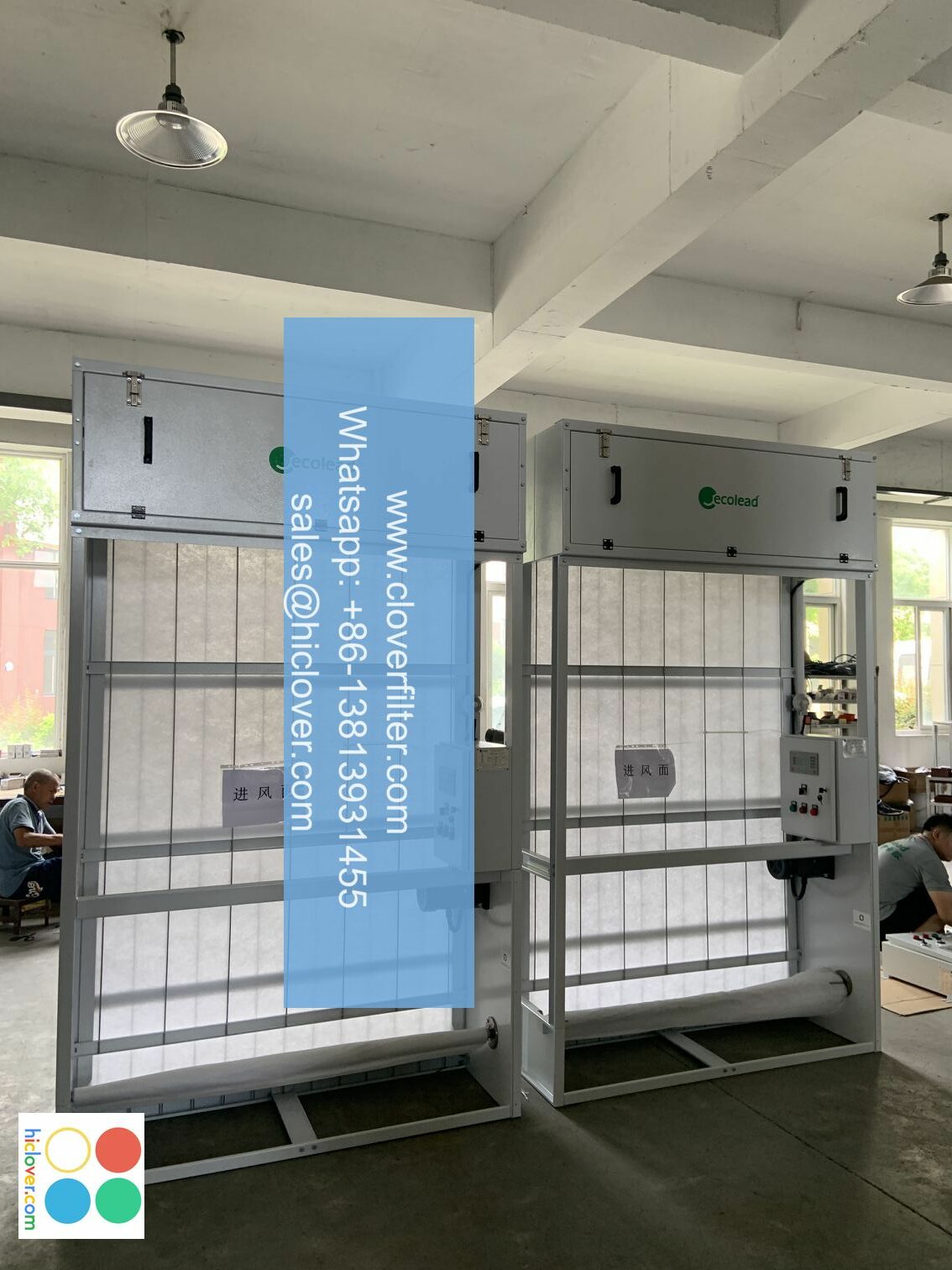The Benefits of Energy-Efficient Air Filters for Hotels

Energy-Efficient Air Filters: The Key to Sustainable Hotel Operations
Introduction
As the hospitality industry continues to evolve, hoteliers are faced with the challenge of balancing customer satisfaction with sustainability. One area where hotels can make a significant impact is through the use of energy-efficient air filters. These filters not only improve indoor air quality but also reduce energy consumption, making them an attractive option for hotels looking to reduce their environmental footprint.
The Benefits of Energy-Efficient Air Filters
Improved Indoor Air Quality
Air filters play a crucial role in maintaining good indoor air quality. Energy-efficient filters, such as HEPA (High Efficiency Particulate Air) filters, capture 99.97% of particles as small as 0.3 microns, including dust, pollen, and other airborne pollutants. This leads to a cleaner and healthier indoor environment for guests and staff alike.
Energy Savings
Traditional air filters often require frequent replacements, which can lead to significant energy waste. Energy-efficient air filters, on the other hand, are designed to reduce airflow resistance, minimizing the energy needed to power fans and HVAC systems. This can result in significant energy savings over time.
Extended Filter Lifespan
Energy-efficient air filters are designed to last longer than traditional filters, reducing the need for frequent replacements. This not only saves money on filter replacements but also reduces waste and minimizes the environmental impact of filter disposal.
Increased Comfort and Guest Satisfaction
Energy-efficient air filters improve indoor air quality, which in turn can increase guest comfort and satisfaction. A cleaner and healthier indoor environment can lead to a better overall hotel experience, boosting guest loyalty and online reviews.
Application Areas
Commercial HVAC Systems
Energy-efficient air filters are an ideal solution for commercial HVAC systems, which can account for up to 40% of a hotel’s total energy consumption.
Hotel Guest Rooms
Air filters in hotel guest rooms are critical for maintaining good indoor air quality and minimizing allergens. Energy-efficient filters can help ensure a comfortable and healthy environment for guests.
Public Areas and Meeting Spaces
Public areas, such as lobbies, corridors, and meeting spaces, can benefit from energy-efficient air filters, which help maintain good indoor air quality and reduce energy consumption.
How to Implement Energy-Efficient Air Filters
Choose the Right Filter
Selecting the right energy-efficient air filter is crucial. Consider factors such as filter type, size, and MERV rating when choosing the best filter for your hotel.
Monitor and Maintain
Regularly monitor and maintain your energy-efficient air filters to ensure they continue to function efficiently and effectively.
Consult with a Professional
Consult with a professional to assess your hotel’s specific air filtration needs and recommend the most suitable energy-efficient air filter solutions.
Conclusion
Energy-efficient air filters offer numerous benefits for hotels, from improved indoor air quality to increased comfort and energy savings. By implementing energy-efficient air filters, hotels can not only reduce their environmental impact but also enhance the overall guest experience. With so many application areas and benefits to consider, energy-efficient air filters are an investment worth considering for any hotel looking to improve sustainability and reduce operating costs.
You’ve provided a blank slate! I’m ready to create something amazing with you. What would you like to talk about or explore? Do you have any specific interests, questions, or topics in mind?


